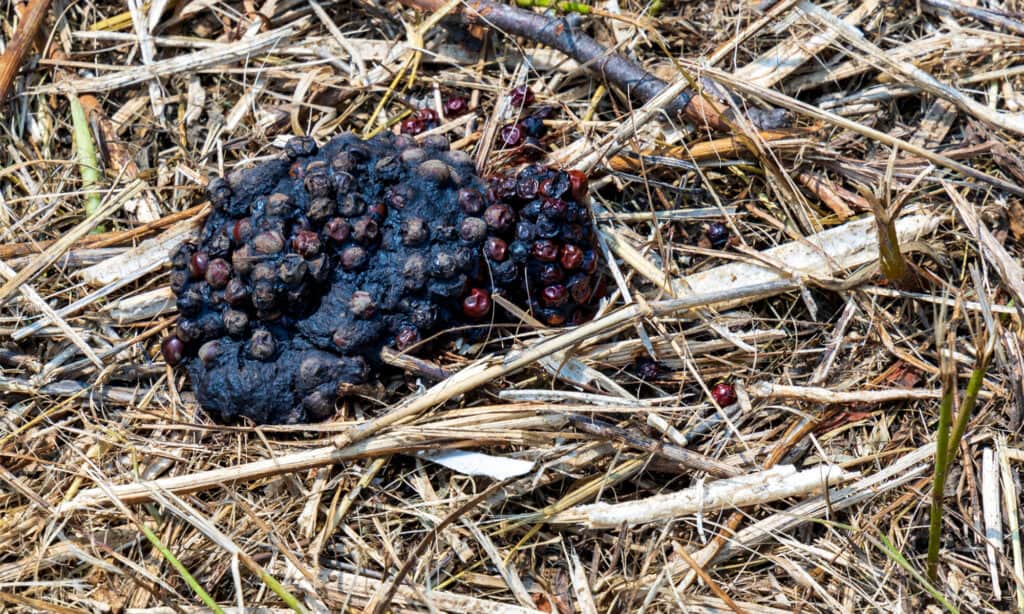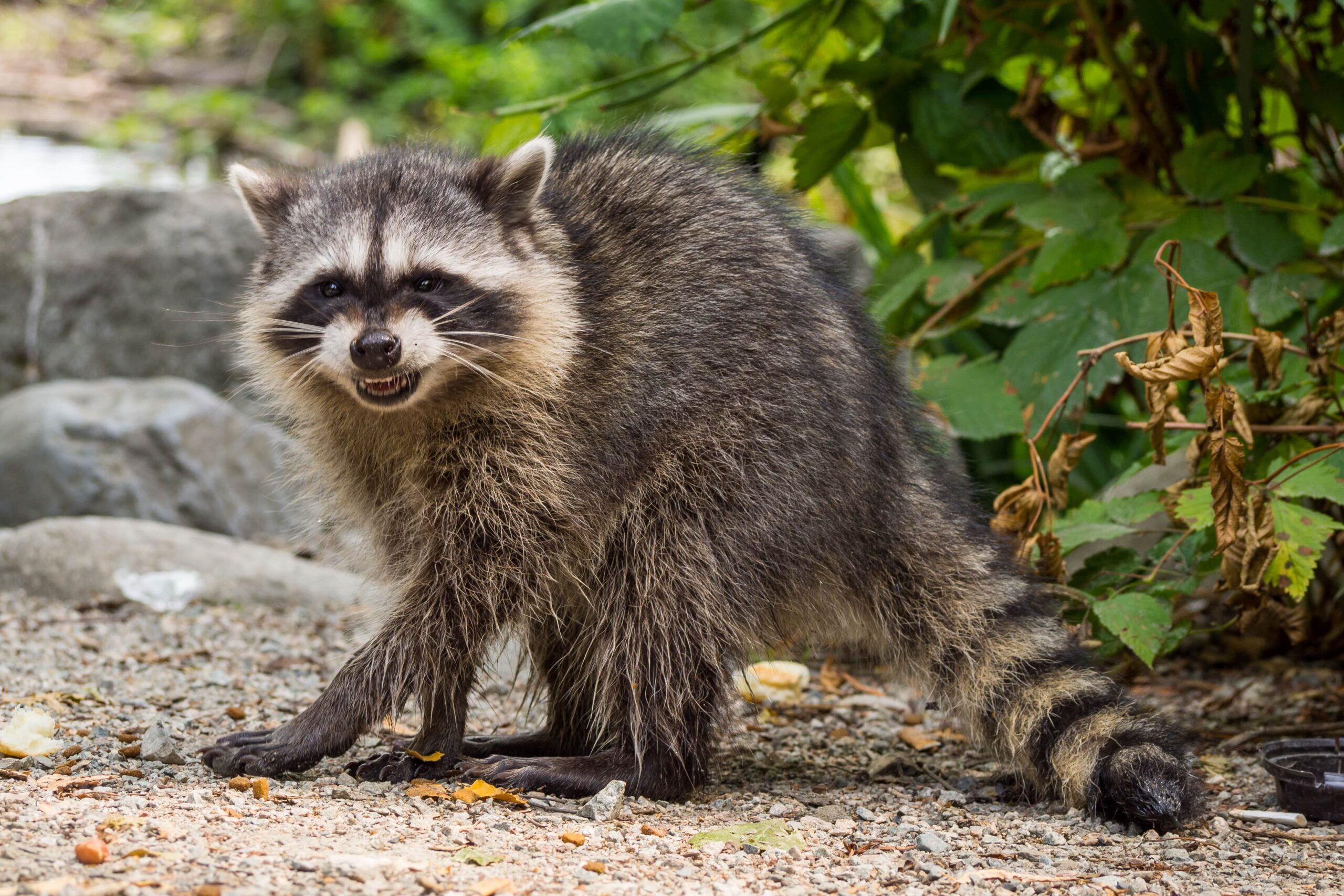A raccoon is a smart and quirky animal that is fun to watch from afar, but of course, you wouldn't want to be a roommate with one. They are quite difficult to detect by being nocturnal. When it comes down to it, pest control exterminators will save your life!

With the ability for remembering tasks for up to three years, these intelligent, curious, and undeniably cute creatures eat ornamental fish, ruin pools, destroy bird feeders, Trash the garden, go through sheetrock and eat. They can completely change the outlook of your home. Hiring a pest control exterminator will prevent your home to become trash.
Raccoons are active only at night. As a result, their presence can be difficult to detect. The best way to tell a raccoons that you have a problem is to pay attention to the clues they leave behind. Here are some things we recommend keeping in mind:

Raccoons are pesky, voracious eaters, and leave tracks after eating. Common signs of raccoon feeding include collapsed trash cans, lawn and yard damage, empty, spilled, or displaced pet food bowls, messy compost piles, and empty or broken bird feeders. An expert exterminator will catch the infestation at first look.

Raccoon and possum footprints are similar. Raccoons, like humans, walk on flat feet and have claws on all toes. A raccoon's footprints are characterized by their diagonal movement, like that of a deer. Their footprints are long-heeled hind feet, usually 2 to 3 inches wide on the front feet and 3 to 4 inches long on the hind feet.

Raccoon droppings are cylindrical with broken or rounded ends. The color depends on the animal's diet but tends to be darker in color. Feces usually contain berry seeds and may contain signs of litter.

At night, you may hear strange sounds around your house. Raccoons make sounds like hooting, whistling, and growling. Regardless of what raccoon symptoms you notice, it's important to address the problem immediately. Raccoons can be very harmful, and taking too long to address the problem will only make the infestation worse. Book your appointment with pest control exterminators and get rid of them.

Pest control professional exterminators and homeowners can look for signs of raccoon presence in railroad tracks, droppings, sightings of raccoons walking on the property, and overturned trash cans. Homeowners can prevent raccoons from spending time on their property by keeping trash cans well-covered and safe while removing all outdoor food sources. Tightly sealing outdoor vents, crawl spaces, chimneys, and other potential entry points can deter intrusions into on-site buildings.
Most raccoon interactions with humans occur when there is a ready food source. Uncovered trash cans, garbage bags, and vegetable/herb gardens expose raccoons to humans. Raccoons enter homes to shelter from inclement weather, avoid predators, or find nesting sites. Once indoors, raccoons can wreak havoc on your home. They tear up power lines, trample and destroy insulation, drill holes in walls and roofs, gnaw at power lines, and leave behind copious amounts of urine and feces. You must consider calling a professional pest control exterminator before they cause any serious damage. Other areas that raccoons can damage include roof tiles, soffits, fascia boards, and gutter systems. In addition to the harm they can cause, raccoons have also been linked to outbreaks of distemper and rabies. People should be careful in their interactions with raccoons, taking care to secure litter and remove unnatural food sources such as dog and cat food.

An experienced pest control exterminator will inspect your property to determine how raccoons are getting in, and what damage they’re causing. They’ll pinpoint the entry spots and make a plan to resolve them.
An experienced pest control exterminator will inspect your property to determine how raccoons are getting in, and what damage they’re causing. They’ll pinpoint the entry spots and make a plan to resolve them.
Finally, to prevent future raccoon infestations they will install exclusionary barriers to keep raccoons from coming back. Make sure they use commercial-grade exclusion methods that hold up to the test of time and won’t negatively impact your property. The most important step in getting rid of raccoons in your building is a thorough inspection. Raccoons typically live in crawl spaces, attics, and sheds, but they can also be found inside the walls and chimneys of houses. A good inspection by exterminator will reveal damaged areas as well as where the raccoon has invaded, such as plumbing, insulation, and roofs.